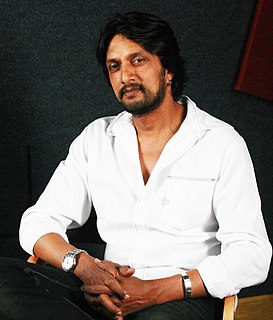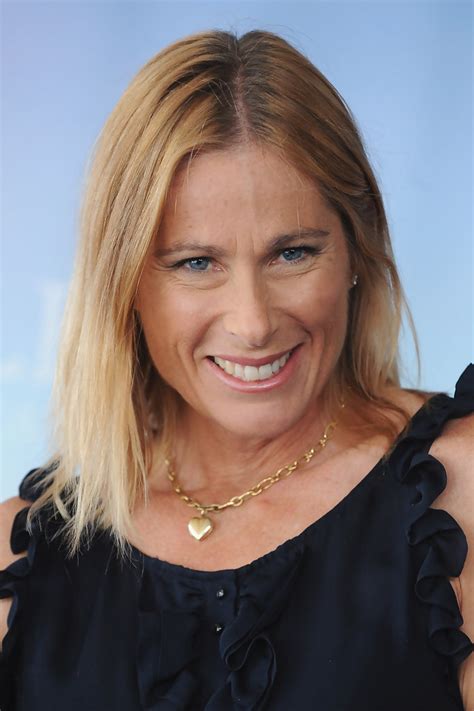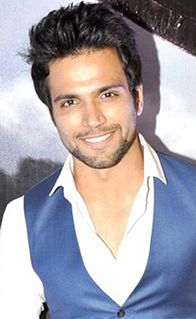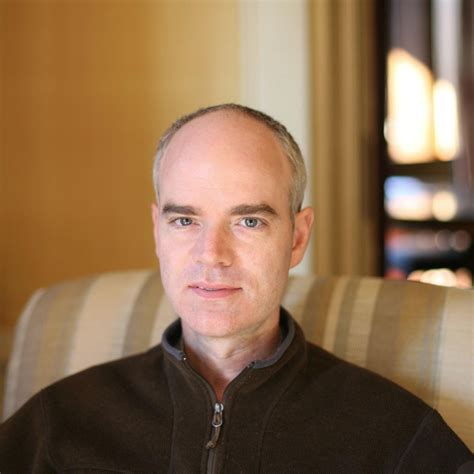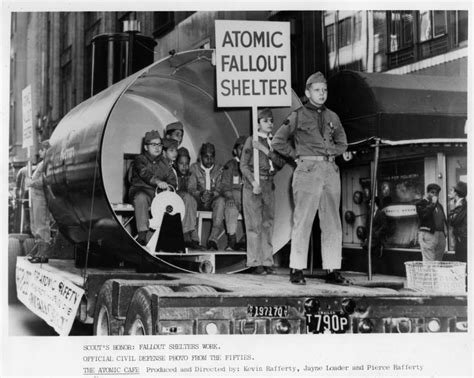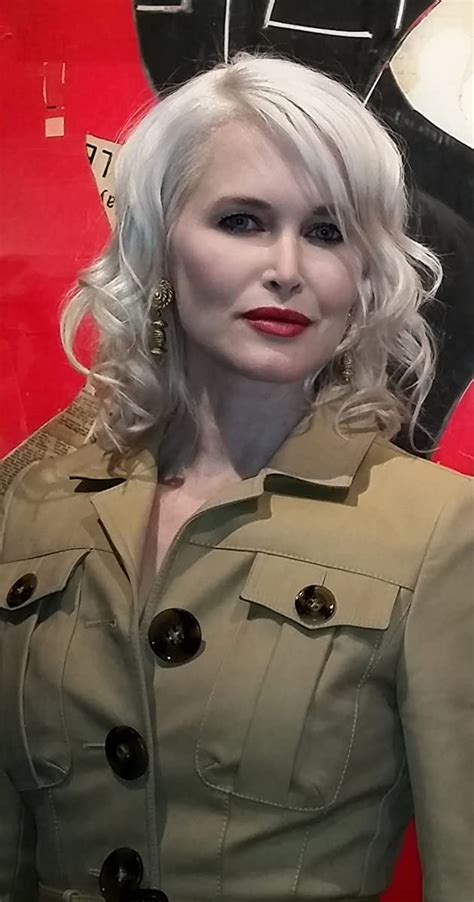A Quote by Sudeep
Personally, as a filmmaker, I think you should prepare your audience as to what they can expect.
Related Quotes
As an actor, you should always keep your trump card hidden from your audience. I want the audience to keep expecting more and more from me. I want to do 'different' work - good and memorable roles - so that audience appreciate me more. That's why I love to surprise my audience with something they never expect me to do.
I try not to think of myself as a woman filmmaker. I don't look for women influences. I have noticed in the past few years that there is a certain ceiling that a woman filmmaker can reach. I don't believe that it's sexism per se, but there are certain expectations in the industry about what films should be, how they should be made, what stories they should tell, and it's a habit, it's a tradition.
We believed - and I personally still believe - that the so called Voice of God narration, ubiquitous in documentaries destined for PBS, is insulting to the audience. If you believe in the intelligence of your audience, you don't need to tell them what to think and how to process the material they're seeing.
